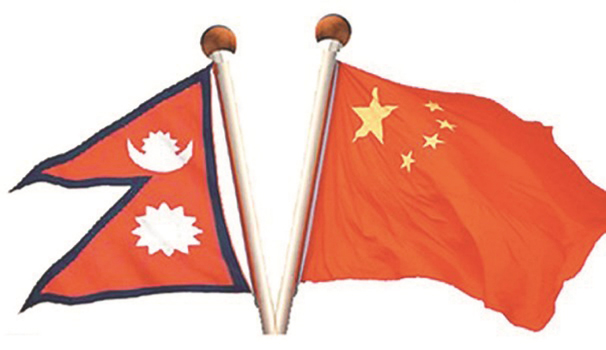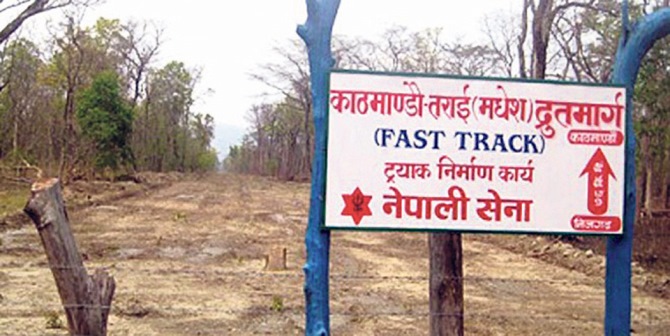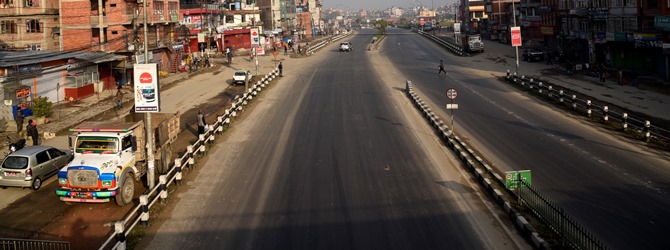Public vehicles disregarding safety protocol
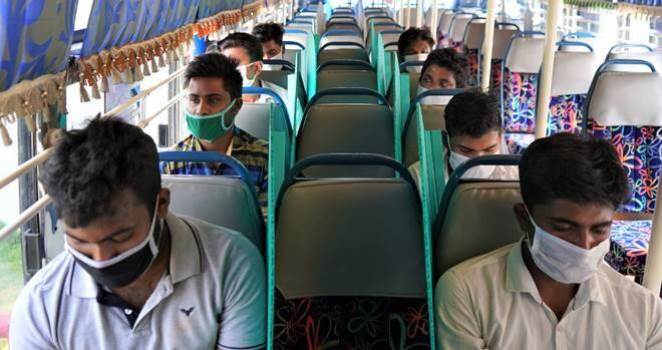
By Purushottam P. Khatri
Kathmandu, Oct 1: While the risk of coronavirus infection remains high, it has become riskier to travel by public vehicles these days.
Some passengers travelling by public vehicles said the virus infection risk is always there as they have neither sanitizers, nor do they maintain proper distancing and follow mandatory provision of boarding only 50 per cent passengers of their total seat capacity. Only vehicle fares have been increased, passengers complained.
According to the criteria prepared by the Department of Transport Management, mandatory provisions of sanitizing the vehicles, and maintaining social distance and carrying only 50 per cent passengers have hardly been implemented in the public vehicles within the Kathmandu Valley, passenger Prem Bahadur Thapa, said.
He said that the transport businessmen felt that they could do whatever they liked and determined taking advantage of absence of proper monitoring from the government.
"The vehicle owners are not implementing the government decision and are not maintaining physical distance in the buses, but they have increased fares by 50 per cent," Thapa said.
The Department of Transport Management has fixed the fare for four kilometres at Rs. 14. But the transport entrepreneurs are collecting Rs. 25 for that distance.
Director General at the Department, Gogan Bahadur Hamal, said that the responsibility of monitoring the situation had been given to the traffic police. “We are just monitoring the services of the long route vehicles,” he said.
Public vehicles providing services outside the Ring Road can be seen overcrowded these days.
Local bodies on the outskirts (Kath) have not monitored the public vehicles. Although there is a monitoring committee headed by the deputy chief or vice-chairman at the local level, there is no law in this regard, so it is not certain what action or fine is to be taken on the wrongdoers found during the monitoring.
Ram Prasad Dangal, a local of Shankharapur, complained that the local government had not spoken to the people even though they were forced to travel paying higher fares risking their life.
Metropolitan Traffic Police Offices have not taken any action against the drivers and operators of the vehicles, Dangal said.
Despite repeatedly informing the local body, no action has been taken against the buses for violating the rules, Dangal regretted.
Spokesperson at the Traffic Division Rameshwor Prasad Yadav said a fine of Rs. 500 to Rs. 10,000 has been imposed on the vehicles violating the standards till September 17, after the government permitted to ply public and private buses in the valley.
Thus, up to 700 vehicles, both public and private, are impounded daily."The traffic division has the right to charge a fine of up to Rs 1,500. According to the Transport Management Act and Regulations, we have started handing over the rule violators if they are to be fined more than that to the department," he said.
The case of long route vehicles is not different from the public vehicles plying in the valley. Purna Tamang, 56, a local resident of Charikot, Dolakha district, who came to his daughter’s room in Nagarjun Municipality-3, Sanobharyang, Kathmandu this week said he paid Rs. 540 from Dolakha to Kathmandu, 50 per cent more than the normal fare.
“Although the bus counters and operators told me that the bus would maintain social distancing and keep only 50 per cent passengers of the total capacity, the bus didn't abide by the rule,” he said As soon as the bus started travelling to Kathmandu, the helper started boarding as many passengers as he could, Tamang complained.
DG of Transport Management Hamal, when asked about the situation, said that the department from its monitoring and based on the complaint of the passengers, had been taking action against 300-400 vehicles every day against the vehicles plying along medium distance (inter-district transport services).
But Bijaya Swar, vice-president of the National Federation of Transport Entrepreneurs of Nepal, an umbrella organisation of transport entrepreneurs, showed ignorance about this.
When asked why this was happening, the federation, government, citizens and transport businessmen should all be responsible, he said.
For this, the government should monitor the inter-district and inter-state vehicles and see if the safety standards are met, he said. For this, there should be a monitoring team in each district, he said.
"Anyone who makes a mistake should be fined and punished with legal action," he said.
The government should take action against those who do not meet the safety standards and violate the rules, he said.
Recent News

Do not make expressions casting dout on election: EC
14 Apr, 2022
CM Bhatta says may New Year 2079 BS inspire positive thinking
14 Apr, 2022
Three new cases, 44 recoveries in 24 hours
14 Apr, 2022
689 climbers of 84 teams so far acquire permits for climbing various peaks this spring season
14 Apr, 2022
How the rising cost of living crisis is impacting Nepal
14 Apr, 2022
US military confirms an interstellar meteor collided with Earth
14 Apr, 2022
Valneva Covid vaccine approved for use in UK
14 Apr, 2022
Chair Prachanda highlights need of unity among Maoist, Communist forces
14 Apr, 2022
Ranbir Kapoor and Alia Bhatt: Bollywood toasts star couple on wedding
14 Apr, 2022
President Bhandari confers decorations (Photo Feature)
14 Apr, 2022



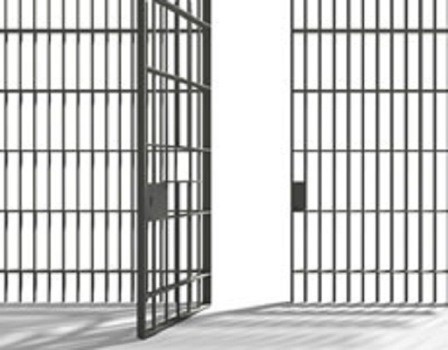
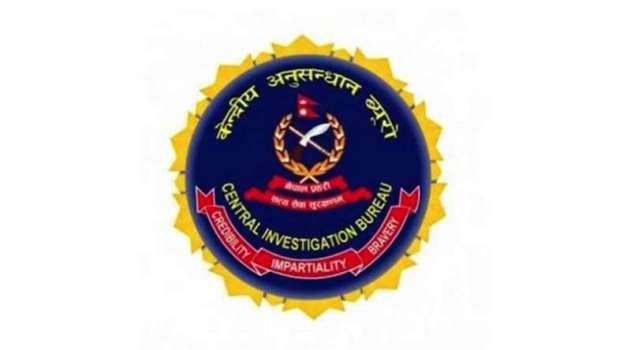
.jpg)

